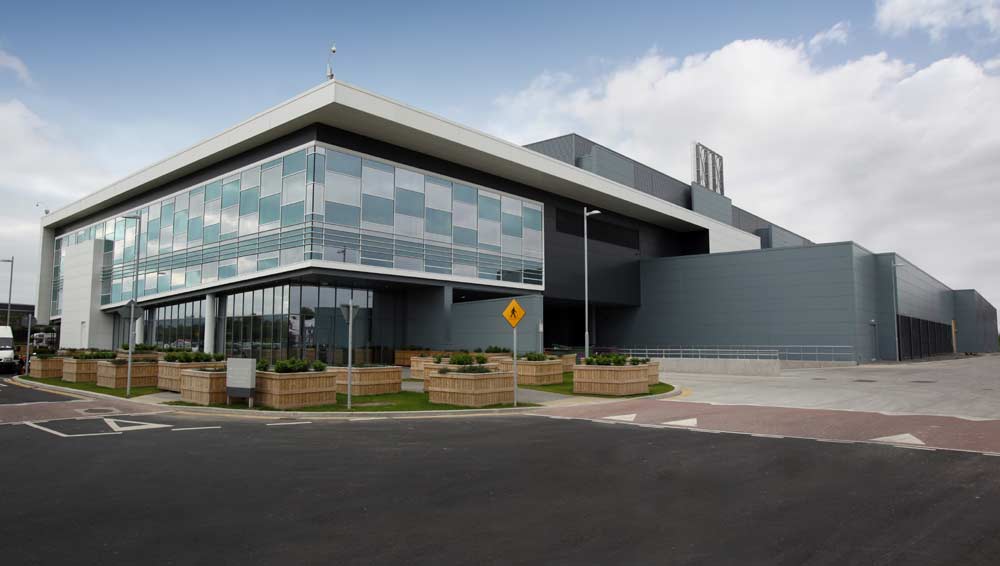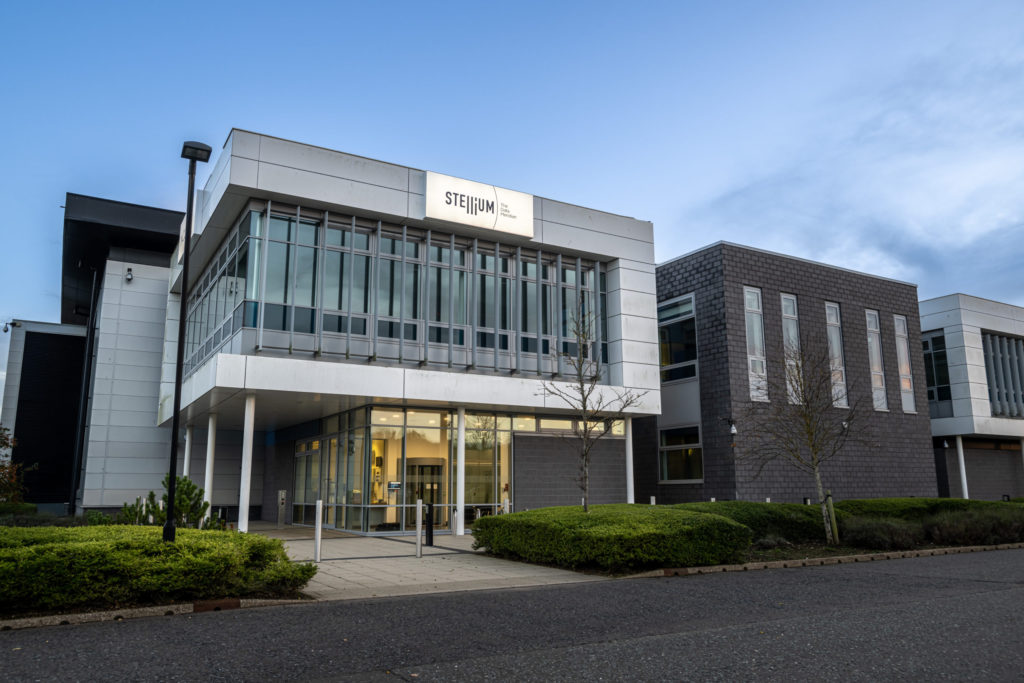A customer owned data centre is a facility that houses computing resources such as servers, storage systems, and networking equipment. It is typically maintained and managed by the business that owns it and houses its IT operations and equipment. Data centres provide power, cooling, and network connectivity to the equipment, and they also often have measures in place to protect against various threats, including fires, power outages, and physical intrusions.

Colocation, on the other hand, is a service offered by data centres such as Stellium that allows businesses to rent space for their servers and other computing hardware. Instead of owning and maintaining a data centre themselves, a business can place its servers in a colocation data centre facility. Colocation providers like Stellium take care of the physical security, power, cooling, and network connectivity. Businesses still own their servers and other equipment, but they share the overall infrastructure with other tenants.

Colocation VS Data Centre
- Ownership and Management: In a customer owned data centre, the organization owns and manages the equipment and facility. With colocation, the organization still owns the equipment, but the facility is managed by the colocation provider like Stellium Datacenters.
- Costs: Operating a data centre can be expensive due to costs for real estate, infrastructure, security, and maintenance personnel. Colocation can be more cost-effective since businesses share these costs as the data centres tenants.
- Scalability: With colocation, it’s far easier for a organisations to scale up or down as business needs change. If you own a data centre, you may need to build or acquire more space to grow or have lots of dead expensive real estate if you need to downsize.
- Location: A colocation provider may offer multiple locations for redundancy or to get closer to users, reducing latency. If a business owns its data centre, it has to manage this itself.
- Service Level Agreements (SLAs): Colocation providers such as Stellium offer SLAs that guarantee levels of availability, power, cooling, and other factors. With a business owned data centre, the organization is responsible for meeting its own requirements. Stellium offers its clients data centre SLAs on Security at 100%, Cooling at 100% and Power at 99.982%. We provide SLAs to each client outlining the expected availability of each service. Unplanned outages that lead to decreased availability from the levels set out in the SLAs lead to credits on those services during the next period.
- Shared Responsibility: In a colocation scenario, the responsibility of maintaining and securing the physical environment is split between the service provider and the client. Providers such as Stellium ensure the infrastructure is up and running, while the client is responsible for their individual servers and data.

Each model has its own pros and cons, and the choice between them typically depends on the specific needs and resources of your business. Stellium prides itself on our efficiency and flexibility when it comes to partnering with business’s for their data centre requirements. We offer our clients a number of bespoke options including shared colocation and build-to-suit. Speak to our data centre and network experts today to see what option fits your business needs best.
